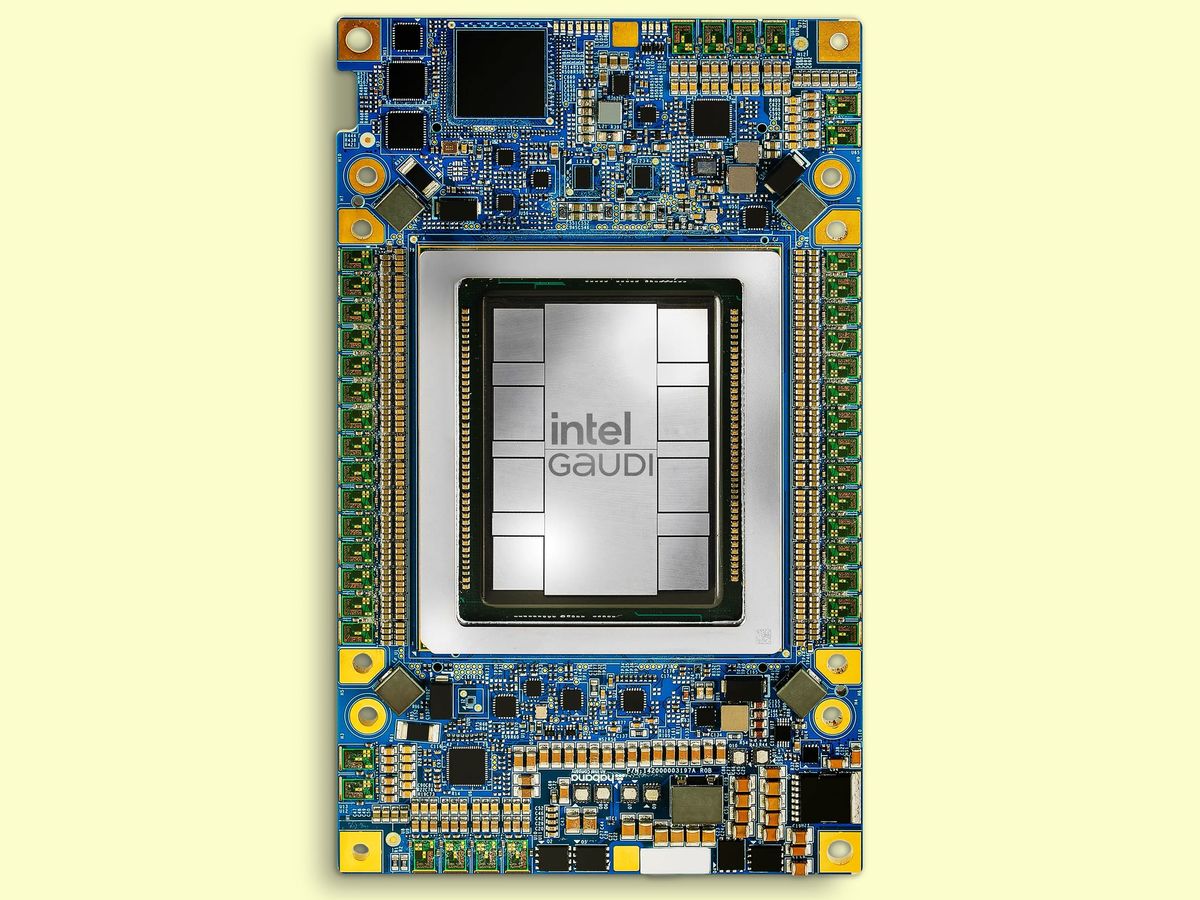So, is there a nanotech divide?
The answer probably lies somewhere between “yes” and “no,” depending on the metric you use. But I would argue that nanotechnology has been one of the most egalitarian fields in technology history.
First, you can look at where the money goes. On this count, nanotechnology is basically the same as any other emerging technology: the initial targeted applications are those that can sustain the price premium for using a new and expensive technology.
However, nanomaterials can already be found in inexpensive items ranging from odor-resistant socks to plastic beer bottles. So as the manufacturing technologies have matured and ramped up, we have seen prices fall and the democratization of nano-enabled products spread.
But I've often argued that analyzing nanotech's impact purely on economic terms can be misleading. It is usually a stretch to try to draw parallels between an emerging technology like nanotech and a developed field like information technology. Nanotech is still in its commercial infancy.
Instead, let's focus just on nanotechnology research, which constitutes the bulk of the activity in the field today. With nanotech, we are probably witnessing the most democratic and open-access research ever in a new technology.
Every day, articles along every conceivable line of nanotech research are published and made available on the web, with an increasing number of articles being published with open access to everyone. If there remains a divide here, it stems from a digital divide—not from nanotech itself.
We see this open access play out in the way that most research is now conducted: through international research groups working in cooperation with each other. This has actually been proven through quantitative analysis. Nanotechnology research is international and depends on cross-border cooperation if it is to succeed. Granted, most of this research goes on in developed nations, but not exclusively—over 35 countries have announced funding for nanotechnology initiatives.
Finally, you can look at who's benefitting from nanotechnoloy. On that front, their are numerous projects that target developing countries, like improved membranes for creating clean drinking water and systems to sterilize medical equipment in remote regions of the world. In fact, I am hard pressed to think of an emerging technology in which so much of its R&D and its financial backers are so heavily invested in making an impact in the developing world.
But do the benefits outweigh the risks that may befall developing countries when adopting nanotechnology? The Financial Times article worries that "there is the prospect that as new nano materials are developed, they will replace raw materials on which many developing nations depend for export revenue." However, replacing an economy based on mining exports with one based on sustainable manufacturing, even if it causes some short-term disruptions, is better in the long term both for the economy and the people.
When a ruling class can generate revenues from the country’s natural resources and not from levying taxes, you get “No representation without taxation.” As I've noted before:
In countries where the leadership is funded by the exploitation of the local natural resources (like fossil fuels), it is unnecessary for that leadership to levy taxes on its citizens for its revenues and therefore doesn’t need to engage in the messy business of giving them any representation. The leadership can just do whatever they want without fear of retribution at the ballot box.
Surely replacing a mining-based economy with a more sustainable manufacturing model is not only better for the economy but better for the people in the country.
Oddly, the Financial Times article concludes with concern for the safety of workers that handle nanomaterials. This is an odd complaint to directly follow worries about displacement of mineral mining. If the concern is the safety of workers exposed to nanomaterials during manufacturing, then proper regulations need to be instituted. But we can be fairly certain that with or without those regulations the workers handling nanomaterials are much safer in manufacturing plants then they are working in mines.
So there are real benefits that can come from nanotechnology for developing countries, including clean drinking water and better sanitary medical treatment. But, perhaps even more importantly, we can also expect that moving to a more sustainable manufacturing-based economy will accrue all sorts of benefits over the long haul.
Photo: Bob Metcalf/Wikipedia
Dexter Johnson is a contributing editor at IEEE Spectrum, with a focus on nanotechnology.




